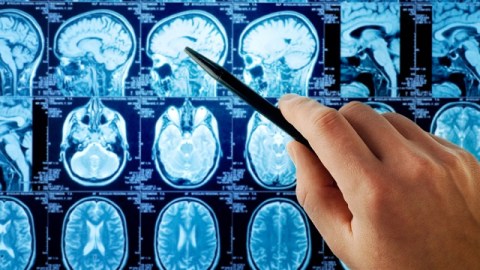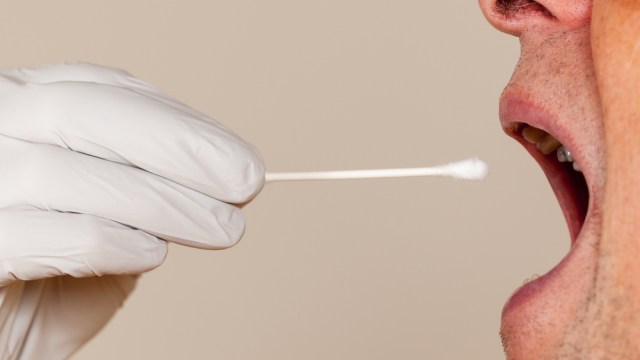The fMRI As Lie Detector

What’s the Latest Development?
At a panel discussion at last week’s World Science Festival, scientists and legal experts met to discuss the implication of putting “brains on trial.” According to Stanford neuroscientist Anthony Wagner, functional magnetic resonance imaging (fMRI) scans are now able to detect a lie with between 70 and 90 percent accuracy because of their ability to record changes in specific parts of the brain. A separate study showed that simply looking at an image of a crime scene can cause brain activity that might betray a person’s guilt. Neuroscientists are also using scans to identify unique patterns in the brains of young offenders: Although most jurisdictions try those over 18 as adults, the part of the brain involved in impulse control doesn’t fully mature until around age 25.
What’s the Big Idea?
The increasing sophistication of imaging technology could one day make brain scans preferable to eyewitness testimony, which is “notoriously fallible.” However, there’s still a lot of additional research needed. For example, scientists can’t yet distinguish between the brain activity associated with looking at a crime scene and the activity associated with imagining one. Also, there’s the accused’s right to privacy, says law professor Nita Farahany: “What kinds of constitutional or other legal protections might a person have, which would preclude police from being able to give [them] a brain scan?”
Photo Credit: Shutterstock.com





